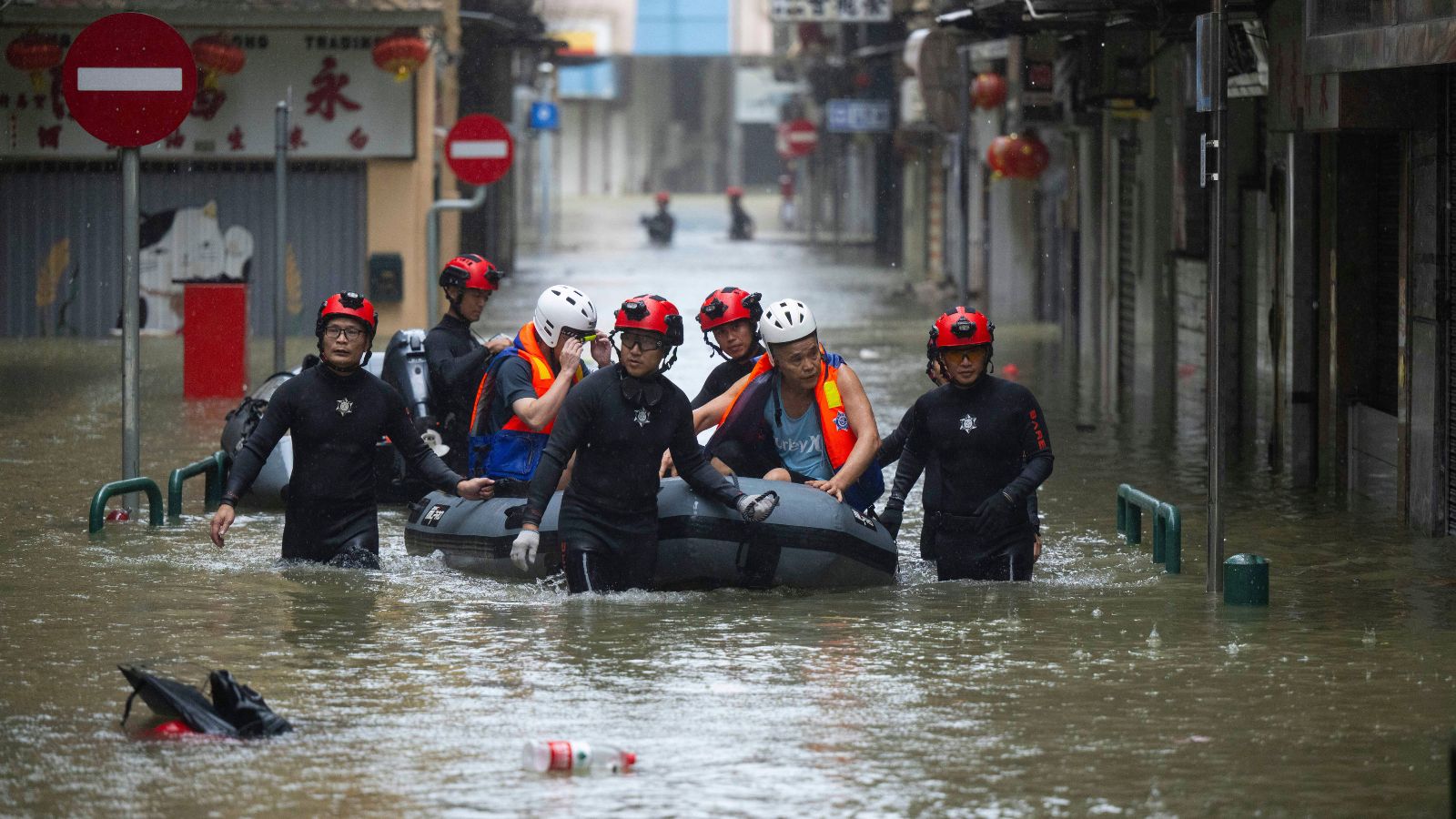China Accused of Running Cyber Influence Campaign in the Philippines
InfinitUs Marketing Solutions, a company based in Manila and allegedly owned by a Chinese national, has been accused of waging a cyber campaign paid for by China to weaken support for Philippine government policy and sow discord regarding its alliance with the United States. The campaign reportedly involved fake social media accounts and the amplification of anti-American content.
Details of the Cyber Campaign
According to internal documents and interviews with former employees and Philippine officials, InfinitUs used fake Facebook profiles to promote pro-China narratives and disparage the US-Philippine alliance. This included attacking Western-made Covid-19 vaccines and creating a media outlet called Ni Hao Manila designed to appear Filipino-run.
- Fake accounts amplified anti-American content from Filipino writers.
- The campaign aimed to "guide public opinion" on Facebook and X (formerly Twitter).
- InfinitUs created and managed a network of fake Facebook accounts referred to internally as an "army."
The alleged cyber campaign surfaced following an incident in November 2021, when Chinese ships used water cannons on Philippine vessels in the South China Sea. Shortly after, the Chinese ambassador to Manila encouraged Filipinos on Facebook to share positive experiences about China. The fake accounts were reportedly created to respond to these initiatives.
Reactions and Implications
The Chinese Foreign Ministry denied interfering in the internal affairs of other countries. Meanwhile, Jonathan Malaya, a former senior official with the Philippine National Security Council, noted the explosion of social media has "turbocharged influence operations" in the Philippines. Manila's strategic importance due to its proximity to Taiwan makes it a key battleground in the information war between Washington and Beijing.
"The end goal (of China) is to make the Philippines compliant," said Francis Tolentino, a former senator.
The Philippines is currently working on strengthening its laws against foreign interference and disinformation. This move comes as evidence suggests China's influence operations are showing some signs of success, potentially impacting the country's future political landscape. Bethany Allen of the Australian Strategic Policy Institute noted that the activities fit China’s foreign influence playbook.
Ni Hao Manila and the Troll Army
The investigation revealed that InfinitUs used fake accounts to promote Ni Hao Manila, a news and culture outlet that has posted videos highlighting China's naval power and criticizing Philippine-US security cooperation. The outlet also purchased fake likes and followers on social media. These accounts also targeted specific individuals like then-Congressman Robert Ace Barbers, a proponent of legislation to strengthen Filipino maritime claims, with "aggressive comment campaigns."
Meta, the owner of Facebook, confirmed that the accounts violated their policies and removed them. TikTok also removed fake followers from Ni Hao Manila's account after being notified.
US Involvement and Countermeasures
It is important to note that both China and the US have engaged in information wars in the Philippines. In 2024, it was revealed that the US had operated a program during the pandemic to undermine Chinese vaccines, using similar tactics such as fake social-media accounts. While the US has recently reduced funding for programs aimed at countering Beijing's propaganda, it maintains that cooperation with Manila against "malign" activities continues.
| Entity | Role |
|---|---|
| InfinitUs Marketing Solutions | Alleged perpetrator of cyber influence campaign |
| China | Accused of funding the campaign |
| Philippines | Target of the campaign |
| United States | US-Philippine alliance targeted |
| Ni Hao Manila | News-and-culture outlet used to amplify pro-China narratives |
The ongoing information war highlights the increasing strategic importance of the Philippines in the region and the efforts by both China and the United States to influence its public opinion and foreign policy.
 Visit the website
Visit the website






